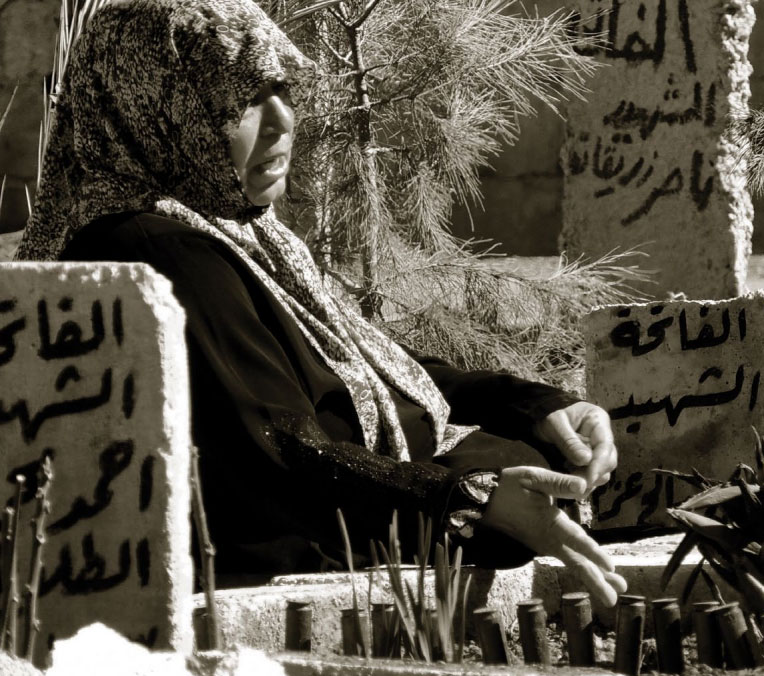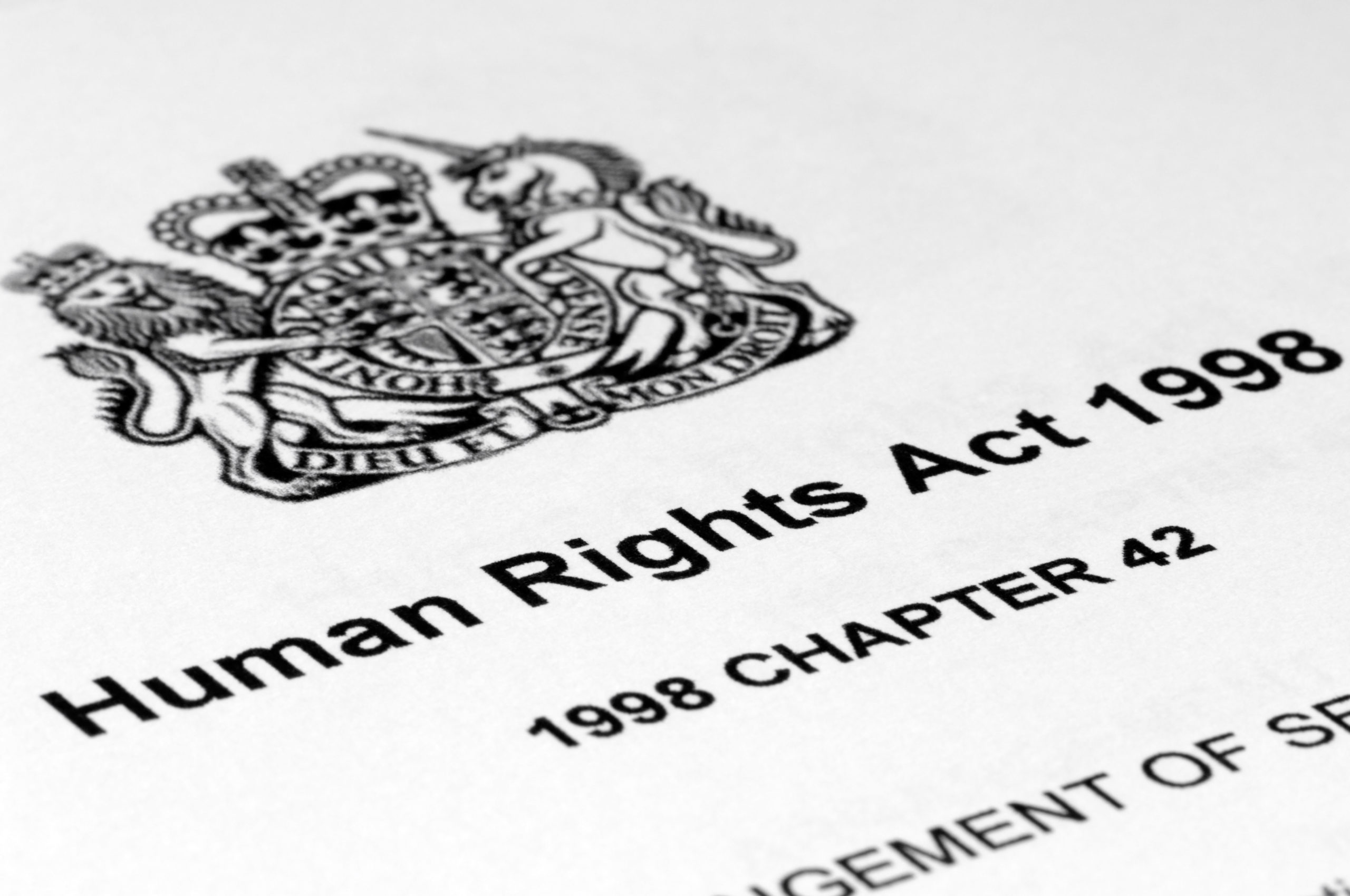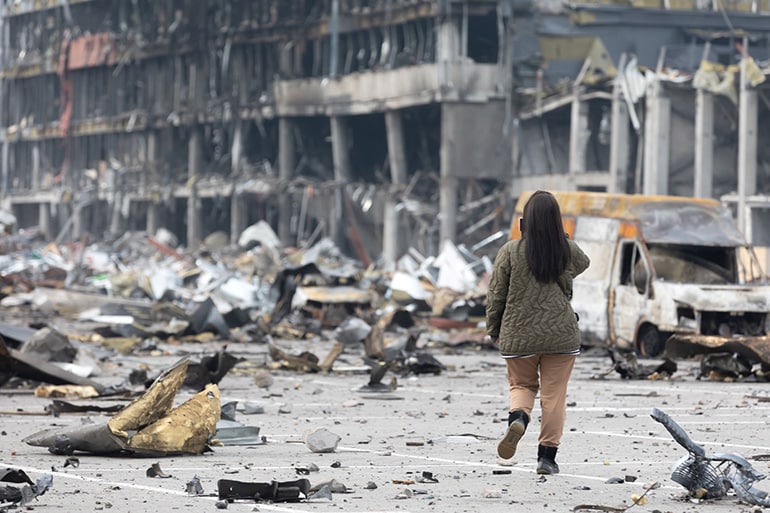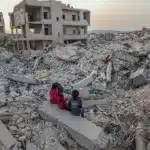July 2017
Recent months have seen a number of small steps forward in the struggle to achieve justice for atrocities committed in Syria. Criminal proceedings are now underway in a number of European countries, including Germany, Sweden and Spain, targeting perpetrators of torture and war crimes in Syria. For the first time, such proceedings target not just opposition fighters, but also senior individuals in Syrian military intelligence.
In a separate development, Catherine Marchi-Uhel of France was appointed this month as the head of the UN independent panel to assist in the investigation and prosecution of those responsible for the most serious violations of international law in Syria.
With pro bono support from a major international law form, Ceasefire has been undertaking feasibility work to support extra-territorial cases, both criminal and civil, concerning gross violations of the rights of civilians in Syria. [INSERT LINK TO ‘Accountability in Syria’ PAGE] Depending on the national laws in place, cases may be brought in European, North American or other jurisdictions, including those where Syrian perpetrators may have fled or Syrian victims may have sought refuge.
A Step towards Justice: Current accountability options for crimes under international law committed in Syria was the first report to offer a detailed examination of the mechanisms available to deliver justice to the Syrian people while the conflict goes on.
Drawing on comprehensive legal analysis, the joint report by the Ceasefire Centre for Civilian Rights and the Syria Justice and Accountability Centre (SJAC) evaluates the potential avenues towards securing accountability for war crimes and crimes against humanity in Syria, including massacres of civilians, indiscriminate aerial bombardment, enforced disappearances, systematic torture, rape, and the use of children in hostilities.
While there are constraints on the current feasibility of the most prominent mechanisms, including domestic courts and the International Criminal Court, as well as alternative mechanisms such as hybrid tribunals, the use of foreign national courts remains open.
‘European jurisdictions are increasingly prosecuting those charged with supporting ISIS in Syria, but not those from the government side who commit atrocities,’ said Mark Lattimer, Ceasefire’s Director. ‘The challenge now is whether foreign courts or other mechanisms can bring to justice perpetrators from all sides of the conflict, including those with responsibility for the gravest crimes.’
‘Some countries might be able to utilize their domestic jurisdictions to prosecute a few perpetrators,’ said Mohammad Al Abdallah, Executive Director of the Syria Justice and Accountability Center. ‘While this is a good first step towards justice, and may be the only available one at the moment, it is not sufficient and does not respond to the magnitude of the violations occurring in Syria.’
In the context of very widespread impunity in Syria, a strategic approach to pursuing available accountability options is urgently needed. Improving the capacity of Syrians to document, prepare and bring cases will also prepare the ground for any larger, more comprehensive justice and reconciliation process in the future.























